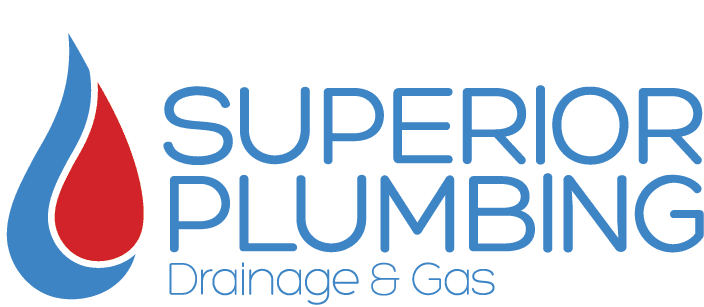As a homeowner, you are proud of maintaining your house in great condition. You clean your floors, organize your garage, and maintain your garden. You make sure your place looks good and you avoid annoying problems.
Many of us take for granted the ease and convenience of plumbing in our homes.
We use water all the time and prefer it to flow directly from our taps. Water can sometimes cause more harm than good. Especially if it finds its way to places it is not wanted. Imagine your reaction when you hear unwanted running water in your home.
Floods and leakage can lead to water damage that can be costly and often comes as a surprise. Although many homeowners have money set aside for maintenance and other expenses, water damage repairs don’t usually fall within the budget of most homeowners.
Luckily, you’re not defenceless. This post will show you easy ways to protect your home and wallet from water damage.
Here are some common causes of water damage that can result from a plumbing leak:
- Dishwashers
- Ice makers
- Water heaters
- Toilets
- Sinks
- Washing machines
- Tubs and showers
The damage to your home can be catastrophic, regardless of whether it is a major water leak or an unnoticed one. Here are some things you can do to protect your home against water damage.
Look for Appliance Leaks
Leaky plumbing fixtures are one of the most common ways water can enter your home. This includes toilets, sinks showers and bathtubs. You can avoid flooding by checking these areas regularly for cracks or leaks.
Leakage can also be caused by plumbing fixtures. Check your washing machine, dishwasher, and refrigerator for signs of leakage. You might consider changing the hoses or washing them every few years if you find it too difficult to check these items. It is only a matter time before washes and hoses start to fail.
Inspect Gutters and Downpipes
It is easy to overlook the vital role that your gutters or downpipes play in keeping rainwater out of your home. Clear pipes ensure consistent water flow and smooth irrigation. Excess water can seep through your roof or into exterior walls if leaves, dirt, and other debris clog your downpipes and gutters.
It is a good idea to clean your gutters regularly and check your roof tiles for chips or cracks periodically, especially if you have hired a professional.
Make Sure You Inspect Your Pipes
You should inspect your pipes at the very least once per year. If you live in a cold or wet climate, it is better to inspect your pipes more often. Pipes can become rusty, corroded and decay over time. This could eventually lead to water leaks in your home. Deteriorated pipes can cause flooding or a flood of raw sewage in extreme cases. These water damage repairs can be costly and time-consuming.
Maintain Your Drains
If water is not able to drain, it will continue to build up and eventually cause flooding. Make sure your drains are clean and free of obstructions otherwise you will have blocked drains in Perth.
Your pipes can be damaged by chemical drain cleaners. To get the best results, you should use a Leeming plumber snake to clean out your drain lines.
Do not put grease down your drain. Grease can build up and cause blockages in your drain pipes.
You don’t have to stop water from flowing in the right directions. To prevent refuse from returning to your swage line, add a backwater valve. Contact Perth blocked drain experts, Superior Plumbing for assistance.
Pump Your Sump
Install a sump pump if you have a lot of outside water or live in an area where it floods often. You’ll be thankful you did it when the water came. Make sure your sump pump is working if you have one. If it’s not, upgrade to a brand new one.
Get the Air Flowing
Allow more air to circulate the air in your home. This will prevent condensation and humidity. To combat damp or stagnant air, open windows in different rooms. It will make your home feel more comfortable and protect it from water damage. You can use a humidity meter or dehumidifier depending on your budget to provide the right amount moisture in your bedrooms, bathrooms, and hallways.
Check What You Put Down Your Sink
You should remember that garbage cans as well as sinks (including the garbage disposals beneath your sink) serve two different functions. Your sink’s pipes are not designed to handle thick liquids or solid materials. Avoid putting food items, plastics, and grease down the sink when you prepare or wash dishes.
Such materials can build up in pipes and cause backups and blocked shower drains. Your garbage bin can be used as a receptacle to collect any hazardous waste materials that may damage your plumbing.
Pay Attention to Your Water Bill
You probably always pay your water bill on time. But do you read it carefully? You may have unknown water leaks or a blocked shower drain come up in your bill. If you may notice unusually high prices, it could be because you have a leaky pipeline within your walls or ceiling or even blocked drains in Perth.
What Should You Do If You Find a Problem?
Your best option is to contact an experienced plumber in Leeming, such as our expert team at Superior Plumbing to repair any plumbing problems. A professional will find the problem and fix it. They can also give advice about how to prevent future leaks.

